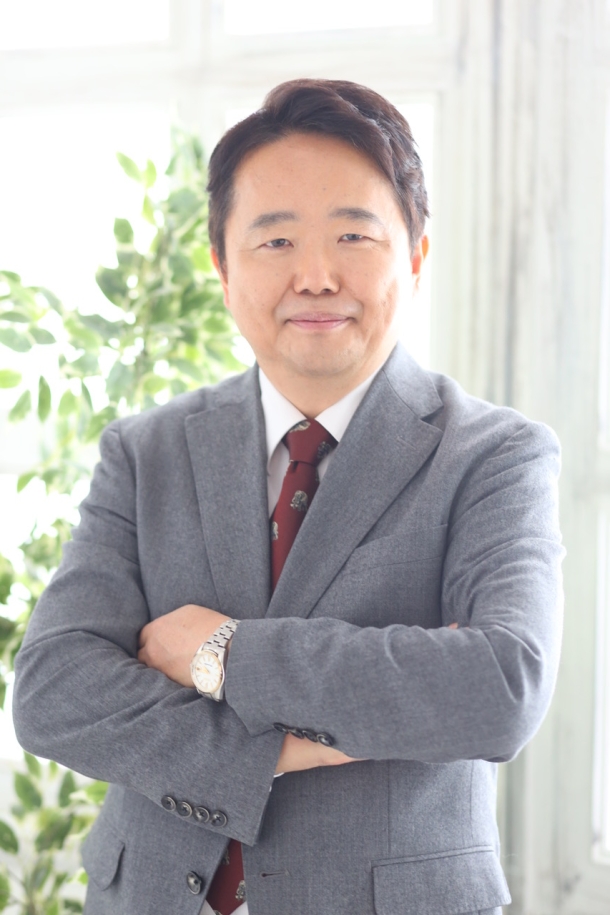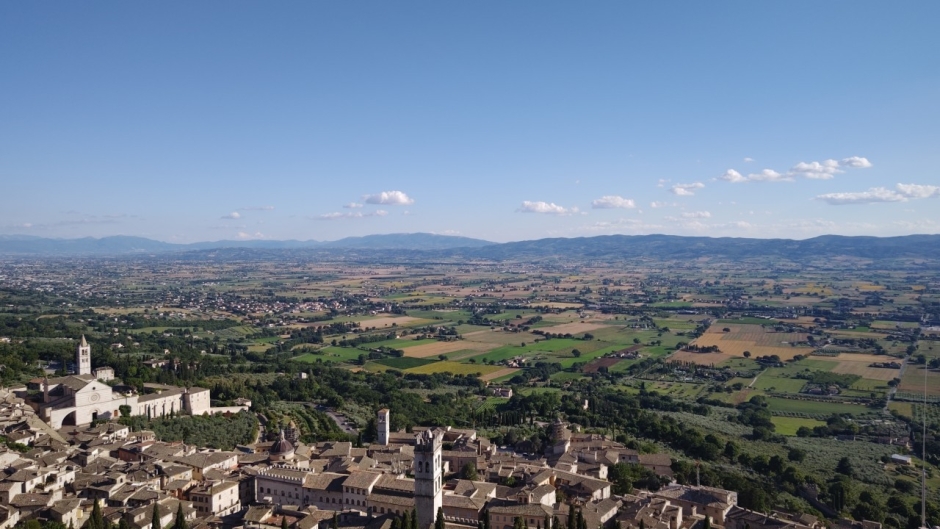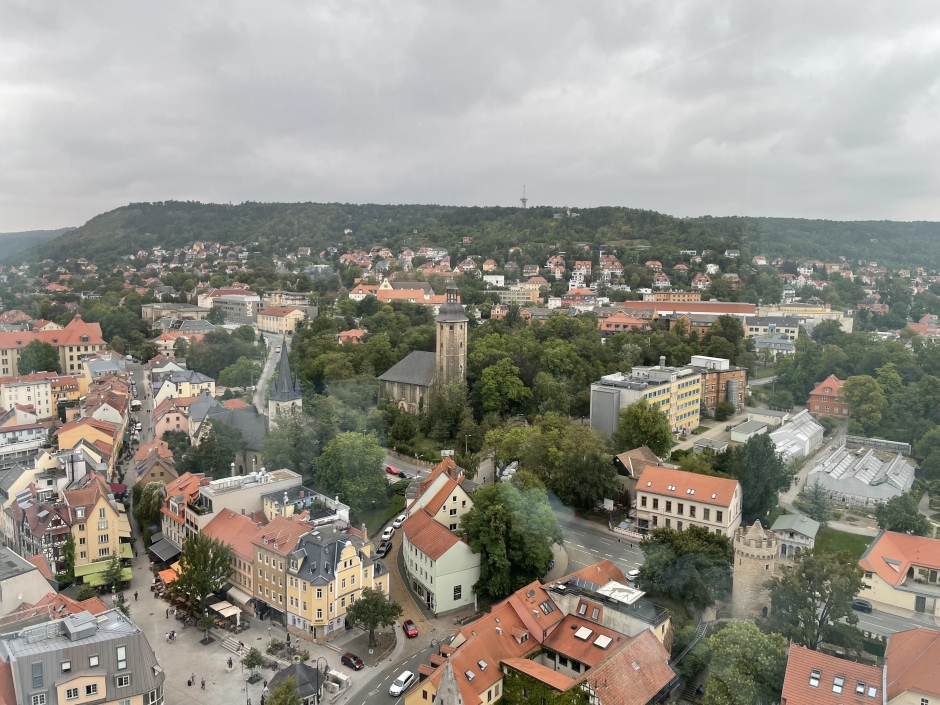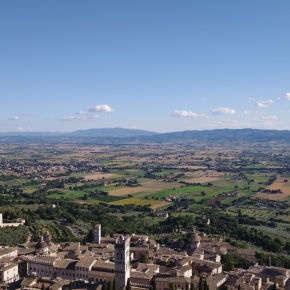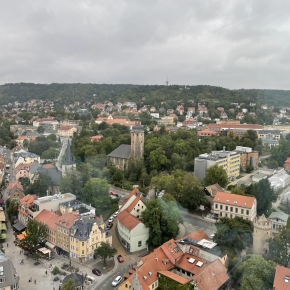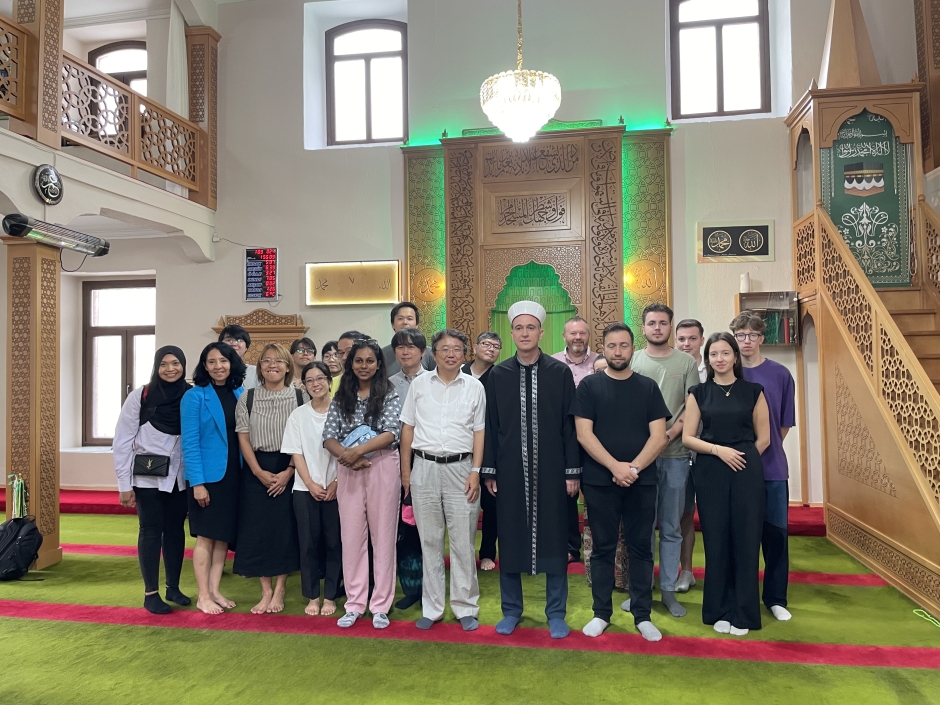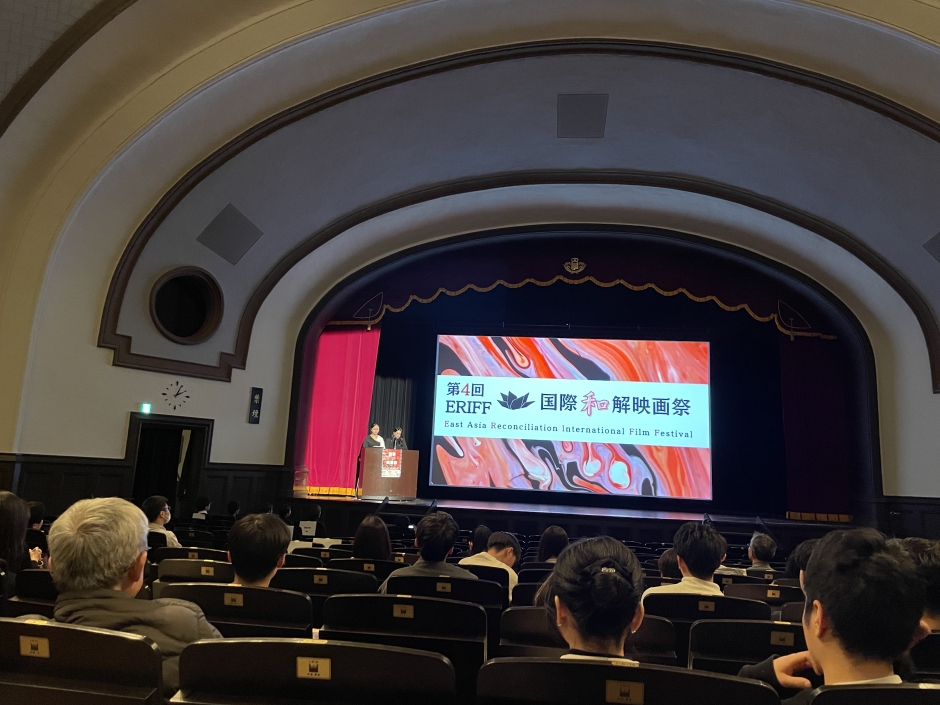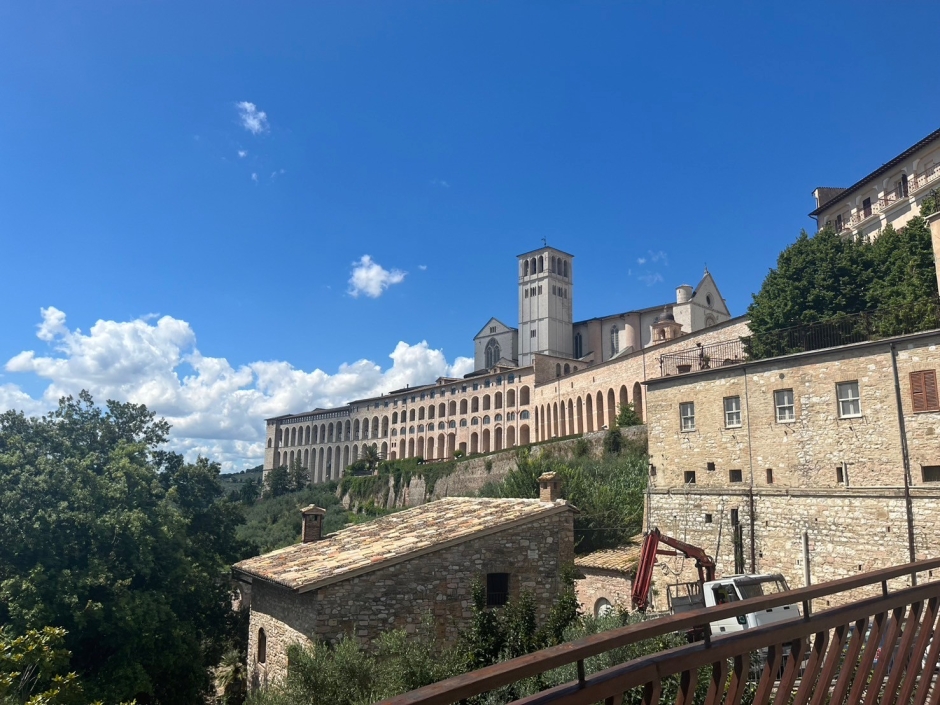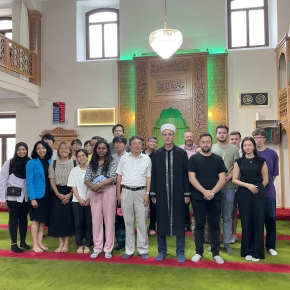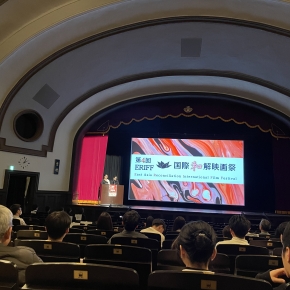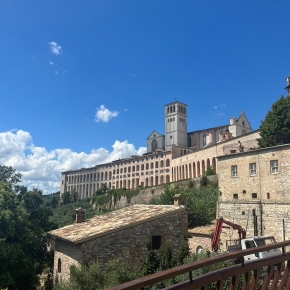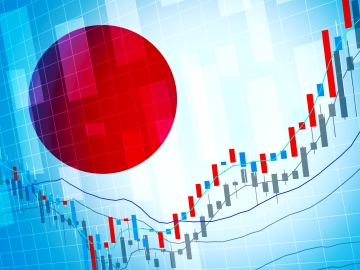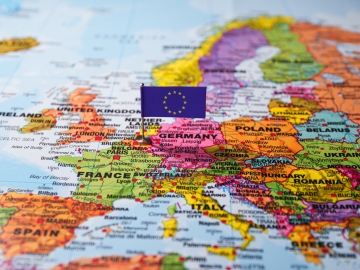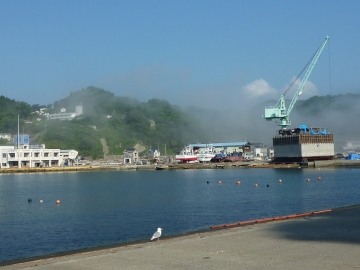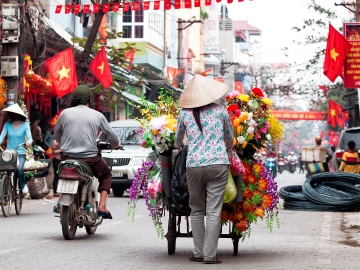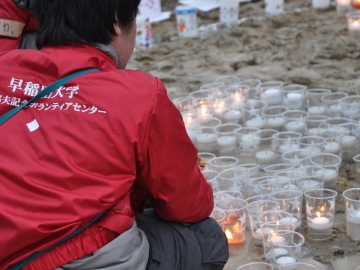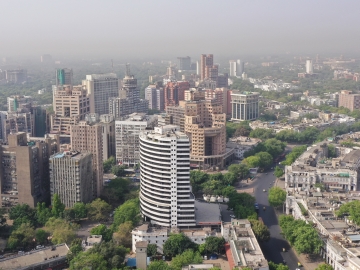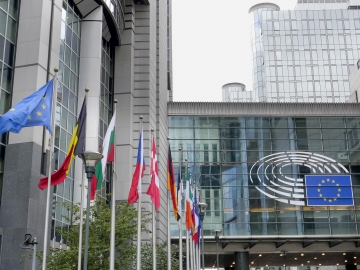Research Theme
"Reconciliation" is nurturing new relationships concurrently with the transformation process of the elements that constitute involved subjects, such as an individual or a group, within a process of mutual communication and dialogue. However, such reconciliation is always positioned as a productive activity in the "real world" of the production of public goods and, at the same time, is being constructed through the "symbols" of institutions that produce the meaning of the creation and distribution of public goods in a multilayered society.
Taking a clue from East Asia, which has experienced prosperity and conflict, it is necessary to examine the causes of conflict in the intersection of the levels of analysis of domestic and international politics. This project is not confined to East Asia so that we will deal with comparative studies between regions or nations.
Research Director
ASANO, Toyomi
Faculty of Political Science and Economics, School of Political Science and Economics
Project Members
- ASANO, Toyomi Professor, Faculty of Political Science and Economics, School of Political Science and Economics
- INAMURA, Kazutaka Professor, Faculty of Political Science and Economics, School of Political Science and Economics
- KAWAGUCHI, Hiroko Junior Researcher (Assistant Professor), Faculty of Political Science and Economics, Waseda Institute of Political Economy
- KOYAMA, Shukuko Associate Professor, Faculty of Social Sciences, School of Social Sciences
- KURODA, Kazuo Professor, Faculty of International Research and Education, Graduate School of Asia Pacific Studies
- LIU, Jie Professor, Faculty of Social Sciences, School of Social Sciences
- TSUCHIYA, Reiko Professor, Faculty of Political Science and Economics, School of Political Science and Economics
- UMEMORI, Naoyuki Professor, Faculty of Political Science and Economics, School of Political Science and Economics
- AMAE, Yoshihisa
- ARIMITSU, Ken
- CHUNG, Jihye
- KIM, Thaesik
- KOH, Hyeonrae
- KUMAGAI, Naoko
- LEE, Byeongcheol
- MIYAMOTO, Satoru
- NAGAO, Ryuichi
- NAGASAWA, Yuko
- TSUCHIYA, Yuji
Research Keywords
Reconciliation Studies, Global History, Memory and Emotion, Democracy, Human Rights
Research Summary
- How does A combination of collective memory and universal values generate collective emotions such as populism?
East Asian case is a key to analyzing contemporary affect-driven conflicts in the world. This implies the need for a development of the theory that examines the elements (collective memories, feelings, and values) shared within and even constructing the “nations”. Taking a clue from East Asia, which has experienced prosperity and conflict, it is necessary to examine the causes of conflict in the intersection of the levels of analysis of domestic and international politics.
- Weaving the dynamics of collective emotions into various studies with an awareness of various “reconciliations”
“Reconciliation” is the very act of nurturing new relationships concurrently with the process of transformation of the elements that constitute involved subjects, such as an individual or a group, within a process of mutual communication and dialogue. However, such reconciliation is always positioned as a productive activity in the “real world” of production of public goods and, at the same time, is being constructed through the “symbols” of institutions and associations that produce meaning of the creation and distribution of public goods in a multilayered society. Regarding this point, we will develop a theoretical framework for analyzing disputes over action and meaning.
